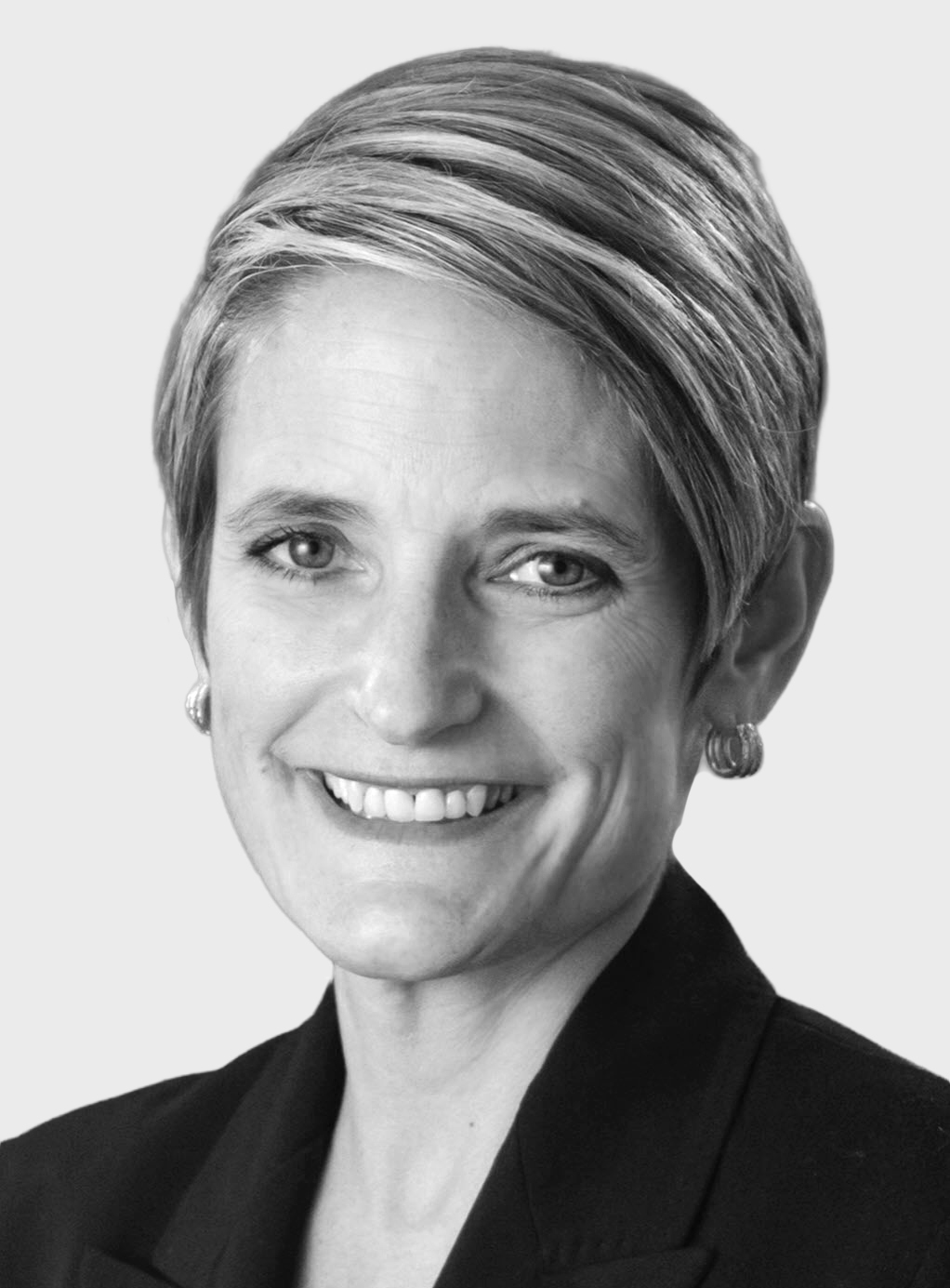General landscape
Donor Advised Funds (“DAFs”) have emerged as a significant force in charitable giving, with more than $250 billion in assets held in DAFs. On average, DAFs distribute more than 24% of their assets annually to charitable causes, ensuring a steady flow of funds to nonprofit
organizations.[1]
DAFs offer a tax-advantaged and efficient way for individuals to contribute to nonprofit organizations. Assets in a DAF grow tax-free. Donors can receive immediate tax deductions—up to 60% of their adjusted gross income for cash and 30% for appreciated securities—for contributions.[2] Also, DAFs simplify the process of managing and distributing charitable funds, making it a cost-effective and efficient method to support nonprofits. [3]
What is a DAF?
A DAF is a private account created to manage and distribute charitable donations on behalf of an organization, family, corporation, or individual. Donors can contribute to a DAF, receive immediate tax benefits, and recommend grants to qualified charities over time. (Note that final approval for individual grants rests with the DAF host’s board of directors or management.)
DAF providers/sponsors[4]
|
Charitable Sister Organizations to Custodial Providers: Examples include Fidelity Charitable, DAFgiving360 at Schwab, and Vanguard Charitable. These providers are often affiliated with major financial institutions and offer investment and grantmaking options. |
A note on community foundations Community foundations play a crucial role in supporting local communities by providing different investment and grantmaking options to donors. Donor advisors at community foundations can sometimes make private investments in their local community or in issues they care about. The fees paid to community foundations for managing DAFs are used to support the core mission and operations of the foundation. For more information on options for holding a DAF at your local community foundation, please speak to your Pathstone advisory team. |
|
Community Foundations: There are over 800 community foundations in the country,[5] providing various options for investing DAF assets. Community foundations are deeply rooted in local communities and can offer tailored investment and grantmaking opportunities. |
|
|
Thematically Focused DAF Sponsors: These providers specialize in supporting donors with interests in specific causes or themes, such as Jewish-focused DAFs, Women/girls-focused DAFs, faith-based DAFs. The DAF providers have particular expertise in nonprofit organizations within the thematic areas though grants can typically be made to any qualifying nonprofit organization. |
|
|
Other Nonprofit DAF Providers: Various other organizations that support specific causes or communities, such as those focused on education, health, or the arts. |
Donor advisor
A donor advisor contributes assets to an individual DAF and recommends grants to approved charities.
Potential tax advantages and administrative benefitS[6]
Tax advantages: Donors receive immediate tax deductions for contributions, and the assets in a DAF can grow tax-free. Additionally, DAFs allow for the donation of non-cash assets like stocks, mutual funds, and complex assets. This allows the donor to contribute appreciate assets without recognizing taxable gains.
Administrative benefits: DAFs simplify the management of charitable contributions, with the sponsoring organization handling due diligence and paperwork for grants.
No minimum grant payout requirement: Unlike private foundations that are required to spend 5% of their assets annually on qualifying distributions, the IRS does not currently require DAFs to pay a minimum distribution annually, though some DAF providers have minimum payout requirements.
DAF investments
DAF investment vehicles
DAF providers offer a variety of options for investing DAF assets, ranging from simple general funds to more specialized investment vehicles. Three common options include:
General fund: A common approach where DAF assets are pooled and invested in a general fund, often comingled with assets from other DAFs.
Targeted pooled fund: Some DAF providers offer pooled funds focused on various geographic or thematic focus areas.
Private investments: Some DAF providers allow for more tailored and impactful investment strategies, including private credit, equity, and real estate investments.
- Platform investments. Many DAF sponsors offer the option of making private investments in investment vehicles that the DAF provider has conducted due diligence on. These options are typically available through larger DAF providers and thematically focused providers that concentrate their resources on specific geographies or themes.
- Client-directed investments. Some DAF sponsors provide the option to invest in companies or investment funds of the donor’s choice. However, there are often limitations, such as minimum investment sizes, due diligence requirements, and restrictions on non-US investments.
- Advisor-managed funds. Many DAF providers allow DAF holders to work with their preferred investment advisor to manage their investments. This can provide a high degree of customization and alignment with the donor’s values. However, there are still limitations imposed by some DAF providers, such as due diligence requirements and investment vehicle restrictions.
Factors to consider with private investments
Some DAF providers either do not allow private investments or they limit the options for making private investments. Factors to consider when deciding whether to make private investments or which DAF provider to work with include:
- Account minimums: DAF providers often restrict private investments to accounts with a minimum asset size, which can vary.
- Fees: Providers typically have tiered fee structures based on the assets held in the DAF. Additional fees may be charged for administering or conducting diligence on private investments.
- Impact considerations: Some DAF providers specialize in conducting diligence on private investments with specific geographic or thematic impact, such as environmental or social justice.
- Platform/client-directed: Some providers have their own investment platforms that donor advisors must select from, while others allow client-directed investments.
- Liquidity: To ensure ongoing liquidity within the portfolio, some DAF providers limit the total amount of a portfolio that can be invested in private investments.
- Due diligence: Private investments must meet the provider’s due diligence requirements, which can vary in stringency.
- Investment amount: Some DAF providers may set minimum requirements on the size of private investments.
- Investment vehicle: Some providers only allow private investments through investment funds and do not permit direct investments into companies.
- Non-US investments: Most DAF providers do not allow investments in companies or funds domiciled outside of the US.
Eight ways DAF capital can be deployed into impact investments
While many donor advisors seek to make a positive impact on the issues that matter most to them through private investments, there are many ways that DAF assets can be aligned with a donor’s values and impact priorities.
- Portfolio Invested for Broad Sustainable Impact: Managing assets to generate both financial and social/environmental returns across asset classes.
- Portfolio Invested for Specific Impact Priorities: Tailoring investments to the donor’s specific issues, such as gender-lens investing or faith-based investing, in one or more asset classes.
- Direct Investments in Social Enterprises: Providing early-stage capital to non-profits or for-profits with a social or environmental mission.
- Specialized Pooled Funds: Enabling strategic distribution of aligned grants and investments.
- Funds for Specialized Initiatives: Bringing together diverse stakeholders for time-limited or high-risk projects.
- Loan Guarantees: Helping social enterprises access capital by providing guarantees to the lender based on the assets held on a DAF’s balance sheet.
- Advisor Managed Funds: Working with sub-advisors with expertise in impact investing to manage the assets.
- Corporate Donor Advised Funds: Allowing companies to make strategic impact investments through a DAF.
These methods support private investments by offering a range of options that align with the donor’s values and objectives.








